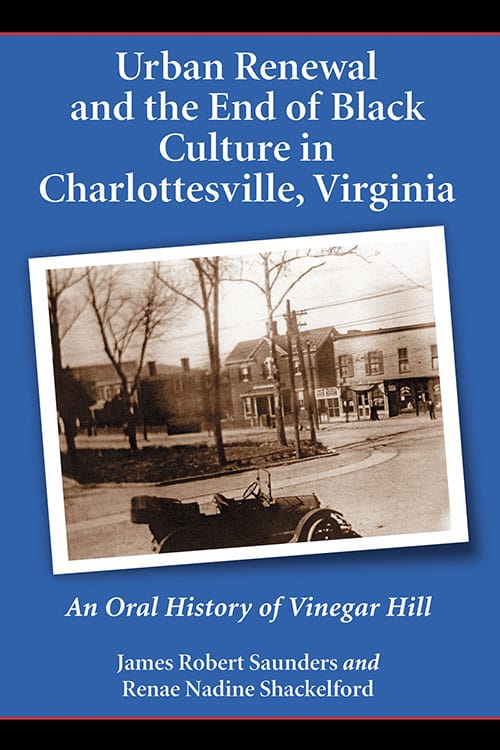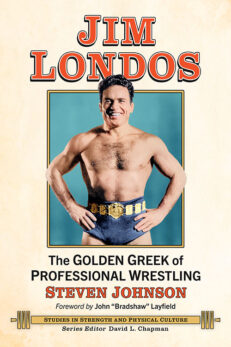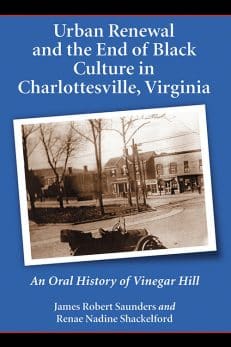Urban Renewal and the End of Black Culture in Charlottesville, Virginia
An Oral History of Vinegar Hill
$19.99
In stock
About the Book
From the 1920s through the 1950s, the center of black social and business life in Charlottesville, Virginia, was the area known as Vinegar Hill. But in 1960, noting the prevalence of aging frame houses and “substandard” conditions such as outdoor toilets, voters decided that Vinegar Hill would be redeveloped. Charlottesville’s black residents lost a cultural center, largely because they were deprived of a voice in government. Vinegar Hill’s displaced residents discuss the loss of homes and businesses and the impact of the project on black life in Charlottesville. The interviews raise questions about motivations behind urban renewal.
Instructors considering this book for use in a course may request an examination copy here.
About the Author(s)
Bibliographic Details
James Robert Saunders and Renae Nadine Shackelford
Format: softcover (6 x 9)
Pages: 144
Bibliographic Info: photos, appendices, notes, index
Copyright Date: 2005 [1998]
pISBN: 978-0-7864-2556-3
eISBN: 978-1-4766-3238-4
Imprint: McFarland
Table of Contents
Acknowledgments vii
List of Illustrations xi
Introduction 1
1. The Prime of Vinegar Hill 7
2. Advantages and Disadvantages of Urban Rrenewal 27
3. Historical Backgrounds 37
4. Relocation 61
5. The Impacts of Urban Renewal 87
Conclusion 111
Appendices 115
Notes 121
Bibliography 125
Index 129
Book Reviews & Awards
- “Powerful oral history…tells a story far more worthy of the limelight…. This is a story that goes far toward explaining the blighted conditions and hopes in our nation’s so-called inner cities.”—Michigan Today
- “Former residents tell it like it is regarding the black neighborhood’s history”—Reference & Research Book News






